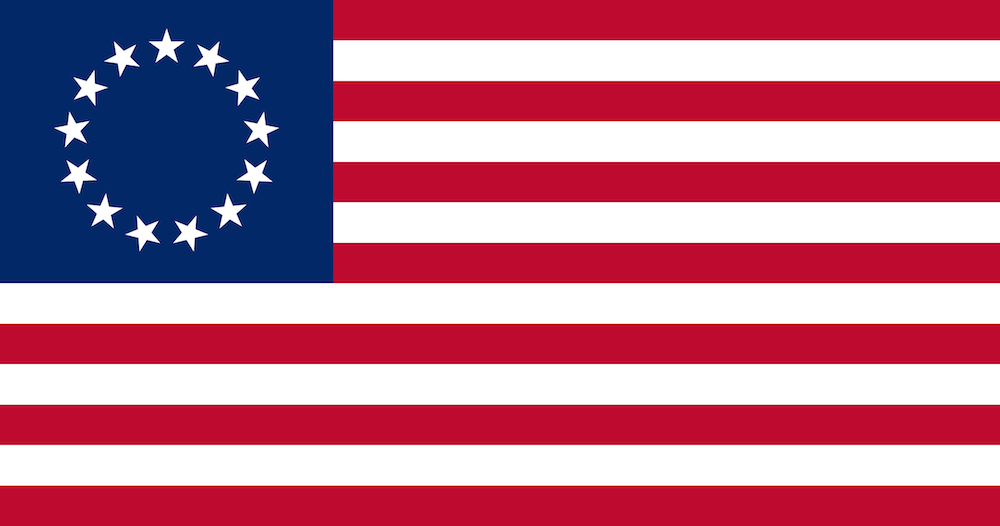
Uwe Bott, Chief Economist at The Globalist Research Center, raised some interesting points in a new article on the latest Argentinian debt crisis, explaining how Wall Street hedge funders are abusing the Rule of Law to profiteer from Argentina’s chronic fiscal problems:
On Wednesday, Argentina is likely to default again on its sovereign debt. After its mega-default on some $100 billion in December 2001, it is now likely to default on those bonds that were restructured in 2005 and 2010.
Why is it that Argentina, once again, cannot pay? Well, that’s actually not the issue. Argentina can pay and has paid its semi-annual payment to the trustee of the restructured bonds, the Bank of New York Mellon.
Without getting fully into all the legal tangles – and they are mind-numbingly complex – there is a broader point to be considered in the battle of New York vs. Argentina. It concerns the role that New York-based hedge funds play in the global financial game.
Wolves in sheep’s clothing
In essence, they try to present themselves as sheep, while they really are wolves. Let me explain: Unlike most of Argentina’s bondholders, NML Capital and Aurelius Capital Management bought Argentine bonds in 2002 and 2003, after Argentina had already defaulted. For that reason, they were able to buy these bonds for pennies of their face value.
Why on earth would they do that, you ask? Because from the get go, they intended to use – or rather abuse — the legal rights of holders of bonds issued under New York law for one purpose only, to make Argentina pay the full amount at a later point in time.
Argentina managed to obtain restructuring agreements from its bondholders in 2005 and 2010 that paid them 30 cents for each dollar owed and over a much longer maturity.
The hedge funds rejected these restructurings. They knew that New York law was on their side.
[…]
But the issue left unaddressed is this: Is this really a question of the letter of the law — or is it a question of the intent of the law? Specifically, is this not a stellar example for “two wrongs don’t make a right”?
True, Argentina should have complied with its debt obligations and surely could have afforded to pay more than the 30% of face value to all investors. But the hedge funds’ exploiting the letter of U.S. law after buying defaulted bonds for pennies and then asking for full repayment flies in the face of what justice is all about.
This behavior is a longstanding and apparently proud American — or perhaps more accurately, New York City — tradition, dating to the earliest days of the republic.
Within the “Framers” (the men involved in drafting the U.S. Constitution) the main faction advocating for the Constitution called themselves the “Federalists.” This implied a pretty decentralized system, with only somewhat more central power than a confederation of fully independent countries. But actually they wanted a very strong central government (by the standards of the time) with limited political participation. Most of them were either authoritarian plantation elites (George Washington, for example) or northeastern banker/financiers (led by Alexander Hamilton).
The more authoritarian side wanted a strong Federal government to be able to put down backwoods insurrections and slave revolts. Hence, President Washington riding out personally to crush rebellions in the poor interior to enforce coastal-led tax collection on impoverished voters.
But the financier side — the Hamilton crowd based in New York and some of their allies in the Philadelphia elite — wanted a strong, centrally-organized financial and banking system. During the drafting of the Constitution, they insisted upon (and forced states to quickly approve, sight-unseen in some cases) provisions that compelled the new “Federal government” to repay in full all Revolutionary War I.O.U.s and paper money issued by the states and national Articles of Confederation government to citizens, soldiers, and suppliers in lieu of cash during the war. That would be a nice thing to do if the people who had originally accepted those non-payments on patriotic faith, and who had not been paid back for a decade or more, still held them by 1787.
But, in reality, as documented in various sources including the must-read American Nations book by Colin Woodard, by the time the Federalists took office under the George Washington administration in 1789, financial speculators had already bought the vast majority of these seemingly worthless obligations for pennies against face value from poor rural farmers in Pennsylvania’s interior, upstate New York, and New England. These farmers, who were owed substantial sums by their state governments, took what they could get when their own governments began refusing to accept the paper war money and debts needed to be paid somehow.
But the speculators in New York City and Philadelphia, who were weaponizing (and indeed creating the U.S. version of) Rule of Law, were determined to extract the full value of their bargain-basement purchases. To them, the I.O.U.s were investments with growth potential, rather than markers of sums genuinely owed to them for services and materials rendered. And crucially, their own standard-bearer, Alexander Hamilton, was the country’s first Treasury Secretary.
That’s what the Wall Street folks are doing now to Argentina. Everyone had basically agreed to just get what they could from Argentina and write off the rest — which helps get Argentina back on track faster anyway — and then a group of speculators bought the bonds at dirt-cheap discounts and again weaponized the Rule of Law to try to collect every last dollar of money they were never originally owed. They’re not the victims, but they’re better lobbyists and litigators than the original victims, and they have more time on their hands to recover the money.
Is it legal? Yep. Is it fair for those who unloaded the bonds at a loss years ago? Probably not. And it’s definitely not helpful on the policy side.


